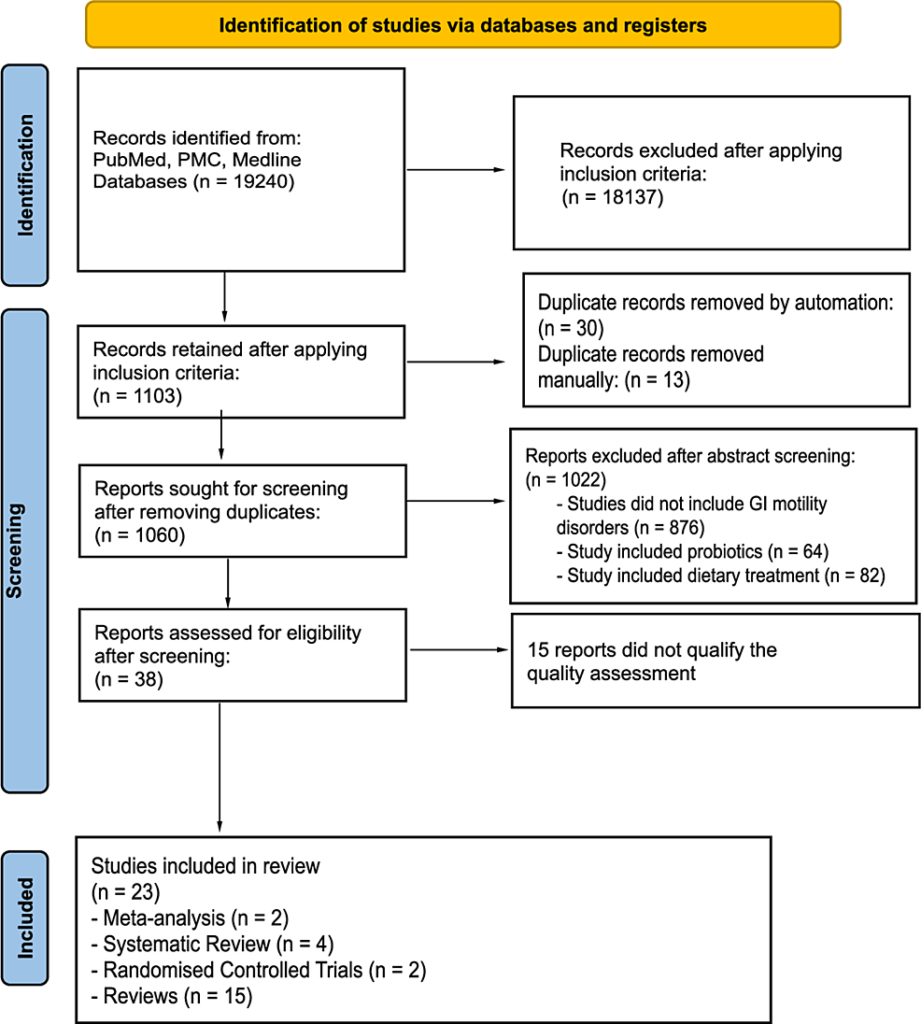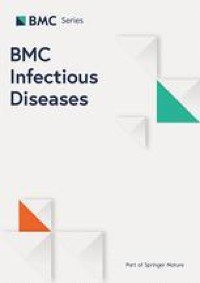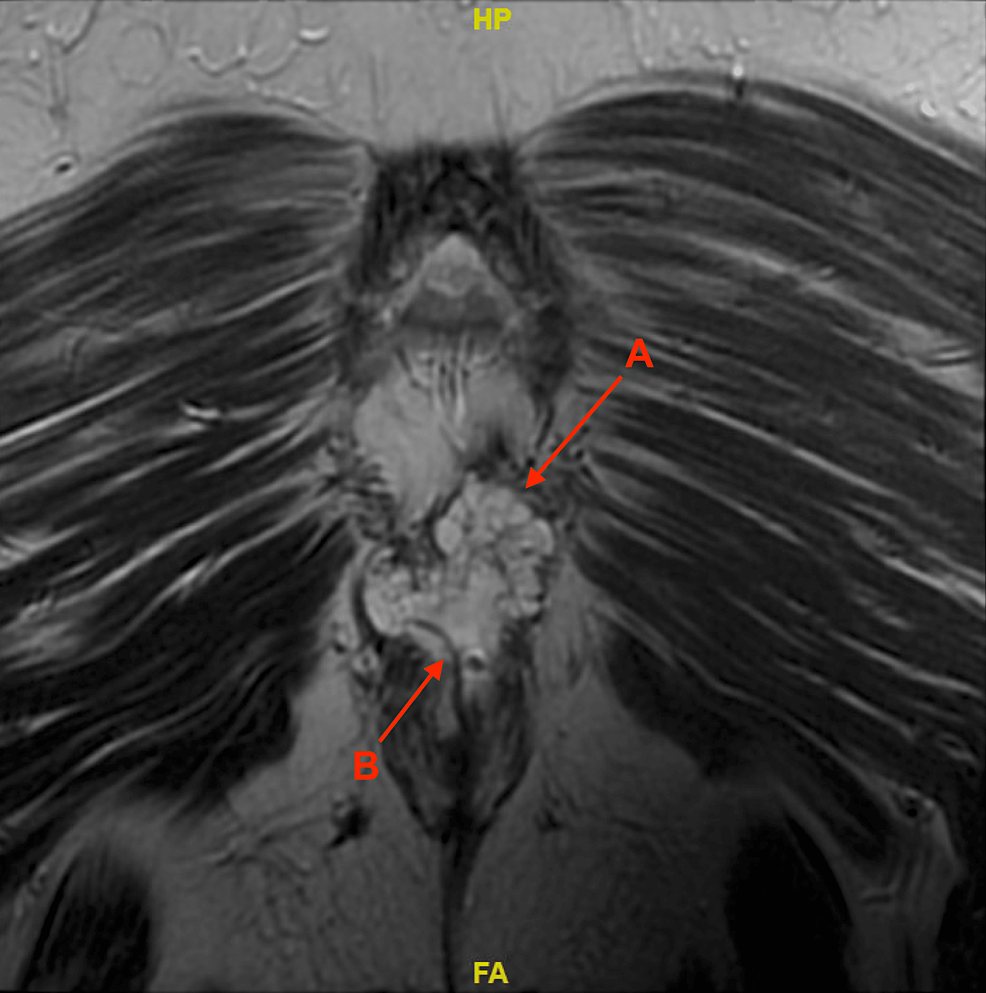SGLT2 inhibitors in T2DM are associated with reduced gastrointestinal cancer risk

Vancouver, Canada — The use of sodium-glucose cotransporter 2 (SGLT2) inhibitors is associated with a reduced risk of gastrointestinal (GI) cancer in patients with: type 2 diabetes New evidence emerges in comparison with dipeptidyl peptidase IV (DPP4) inhibitors. SGLT2 inhibitors were found to be better than DPP4 inhibitors in reducing the risk of colorectal, liver, […]
Rectal spacer reduces gastrointestinal toxicity from hypofractionated prostate radiation

Recent findings suggest that rectal spacers containing hyaluronic acid can reduce the risk of gastrointestinal toxicity from hypofractionated prostate cancer radiotherapy. Hypofractionated radiotherapy for prostate cancer is more convenient and cost-effective than conventionally fractionated radiotherapy but is associated with greater grade 2 acute gastrointestinal toxic effects. The rectal spacer creates distance between the prostate and […]
Does COVID-19 increase the risk of future gastrointestinal problems?

The rapid emergence of severe acute respiratory syndrome coronavirus 2 (SARS-CoV-2) has led to the coronavirus disease 2019 (COVID-19) pandemic. Several symptoms have been reported following COVID-19 infection, including those that affect the gastrointestinal system. In a recent study published in virus, Scientists are reviewing existing literature to investigate the association between acute SARS-CoV-2 infection […]
Cureus A systematic review on the efficacy and safety of selective serotonin reuptake inhibitors in gastrointestinal motility…Gastrointestinal motility disorders have been thought to occur due to an imbalance in gut-brain axis interactions. ..August 4, 2022

Cureus A systematic review on the efficacy and safety of selective serotonin reuptake inhibitors in gastrointestinal motility…Gastrointestinal motility disorders have been thought to occur due to an imbalance in gut-brain axis interactions. ..August 4, 2022
Blueberries may reduce symptoms of gastrointestinal disorders

Additionally, the report notes that pain scores improved in the blueberry treatment group, as did scores assessing quality of life. However, these did not reach statistical significance. The Nutrients study, sponsored by the U.S. Highbush Blueberry Council, concluded: ,” “The polyphenols and fiber components of blueberries appear to exert a wide range of beneficial effects […]
Postinfectious functional gastrointestinal disorders associated with coronavirus infection-19: a prospective follow-up cohort study | BMC infection

research design This prospective cohort study was conducted in adults from July 2022 to February 2023. At the time of the research, China was strict against the new coronavirus infection, which is controlled by Omicron. [14, 15]is a variant of SARS-CoV-2, and all people underwent population-wide coronavirus screening with routine universal reverse transcription-polymerase chain reaction […]
Cureus Anal adenocarcinoma arising from an intraanal fistula: a case report Crohn’s disease (CD) is an inflammatory disease that can affect any part of the gastrointestinal tract (GIT). November 10, 2022

Cureus Anal adenocarcinoma arising from an intraanal fistula: a case report Crohn’s disease (CD) is an inflammatory disease that can affect any part of the gastrointestinal tract (GIT). November 10, 2022
Study suggests pain caused by gastrointestinal disorders could be treated by targeting touch receptors

Researchers have discovered that receptors responsible for our sense of touch and temperature are located in the colon, making it a potential therapeutic target for chronic pain associated with gastrointestinal disorders such as irritable bowel syndrome. Research led by Dr. Hongzhen Hu from the University of Washington and Dr. Nick Spencer from Flinders University has […]
High gastrointestinal symptom burden in Fabry disease unrelated to intestinal motility

A recent study showed that problems moving food through the gastrointestinal system were not the main cause of gastrointestinal (GI) symptoms in patients with Fabry disease. This condition, which affects a patient’s quality of life, can result from dysfunction of the nerve cells that control intestinal reflexes. the study, “Gastrointestinal sensory neuropathy and movement disorders […]
Consuming blueberries reduces abdominal pain due to gastrointestinal disorders

In a recent study published in the journal nutrientsresearchers are investigating whether blueberry consumption can improve clinical outcomes, function, and overall quality of life in individuals with functional gastrointestinal disorders (FGIDs). study: Blueberries improve abdominal symptoms, health status, and function in patients with functional gastrointestinal disorders. Image credit: Bukhta Yulii / Shutterstock.com background FGID affects […]
